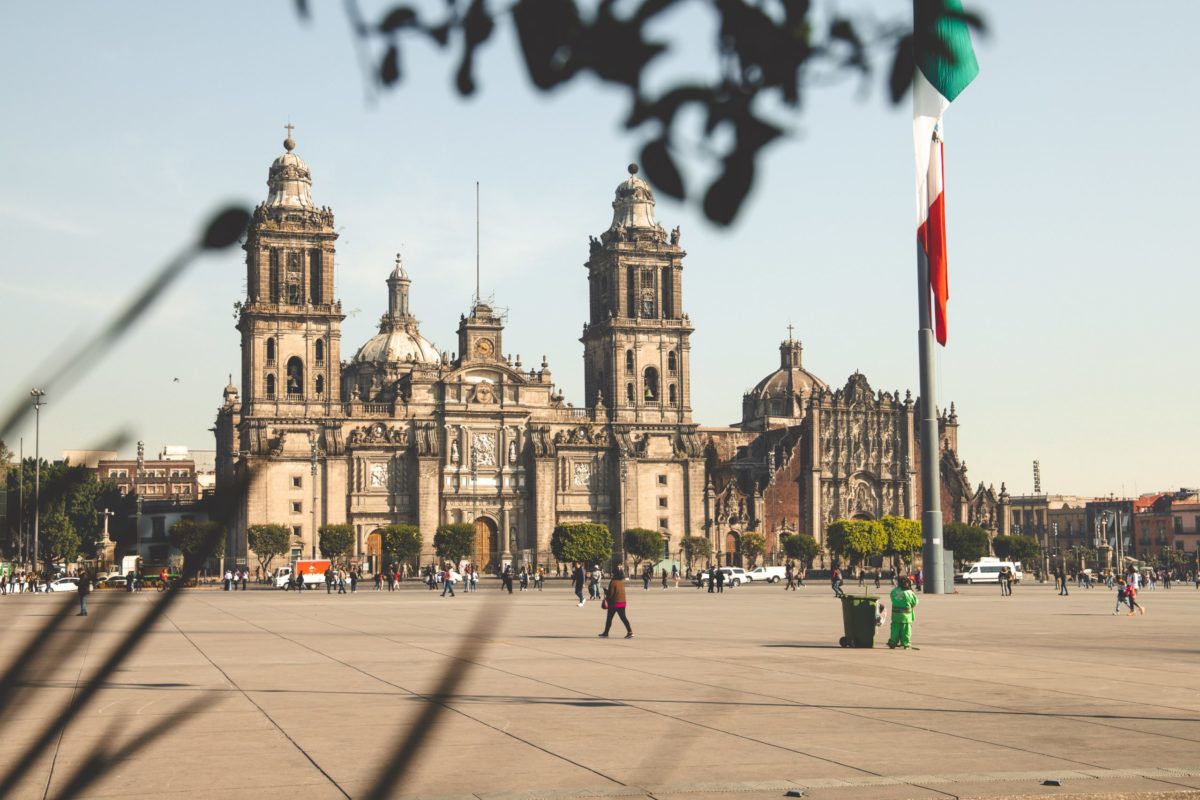Hungary’s Response to COVID-19 Vastly Expands Executive Power
Policy wise, the measures are similar to those of other European countries. But the legal basis for these restrictions has proven extremely controversial.

Policy wise, the measures are similar to those of other European countries. But the legal basis for these restrictions has proven extremely controversial.

South Korea has been hailed for its swift and thorough response to the COVID-19 pandemic. But the response has come at a cost, affecting privacy and rights.
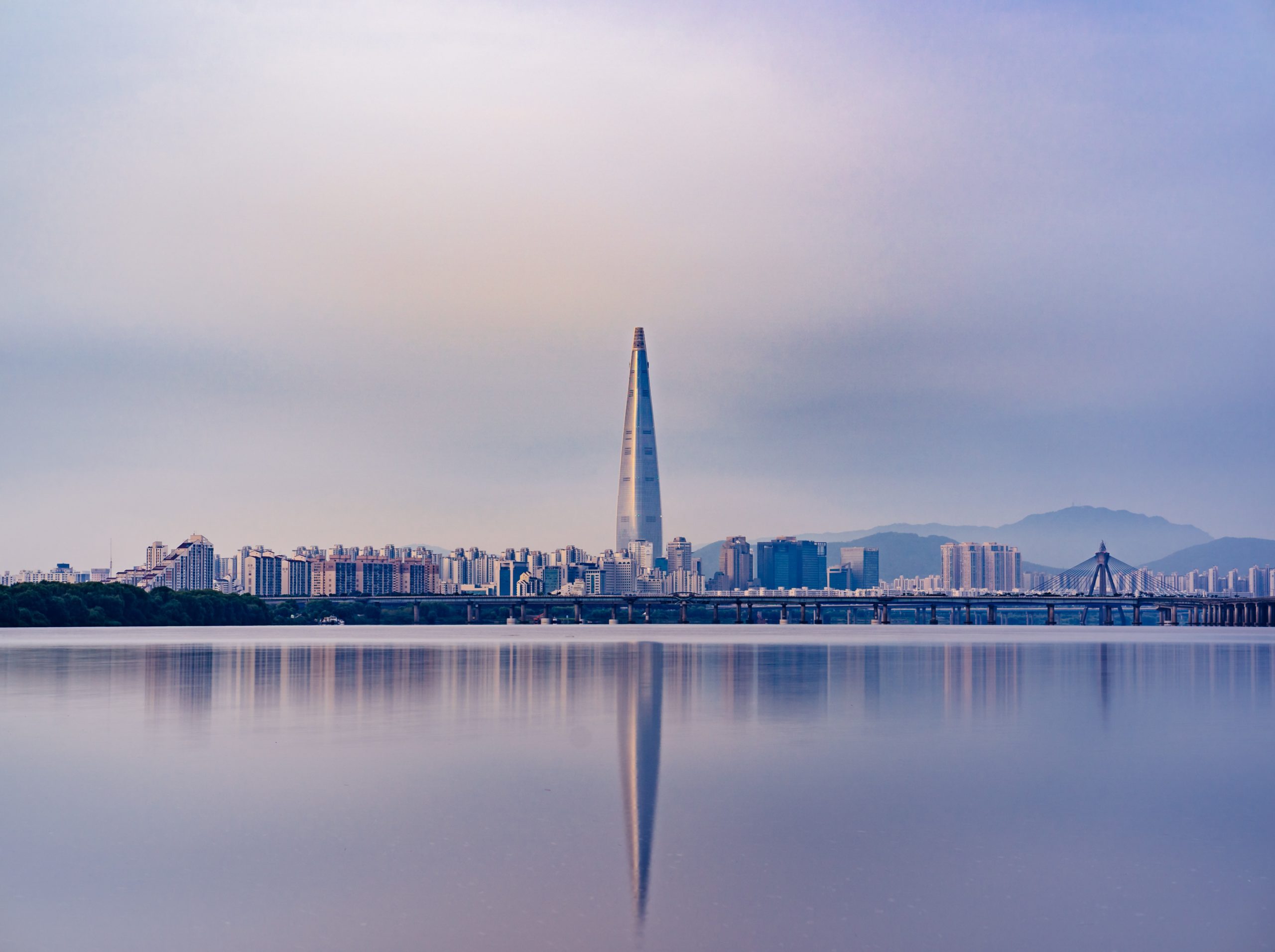
The Argentinian response to COVID-19 has concentrated power in the hands of the Executive, restricted fundamental rights, and militarized public space.
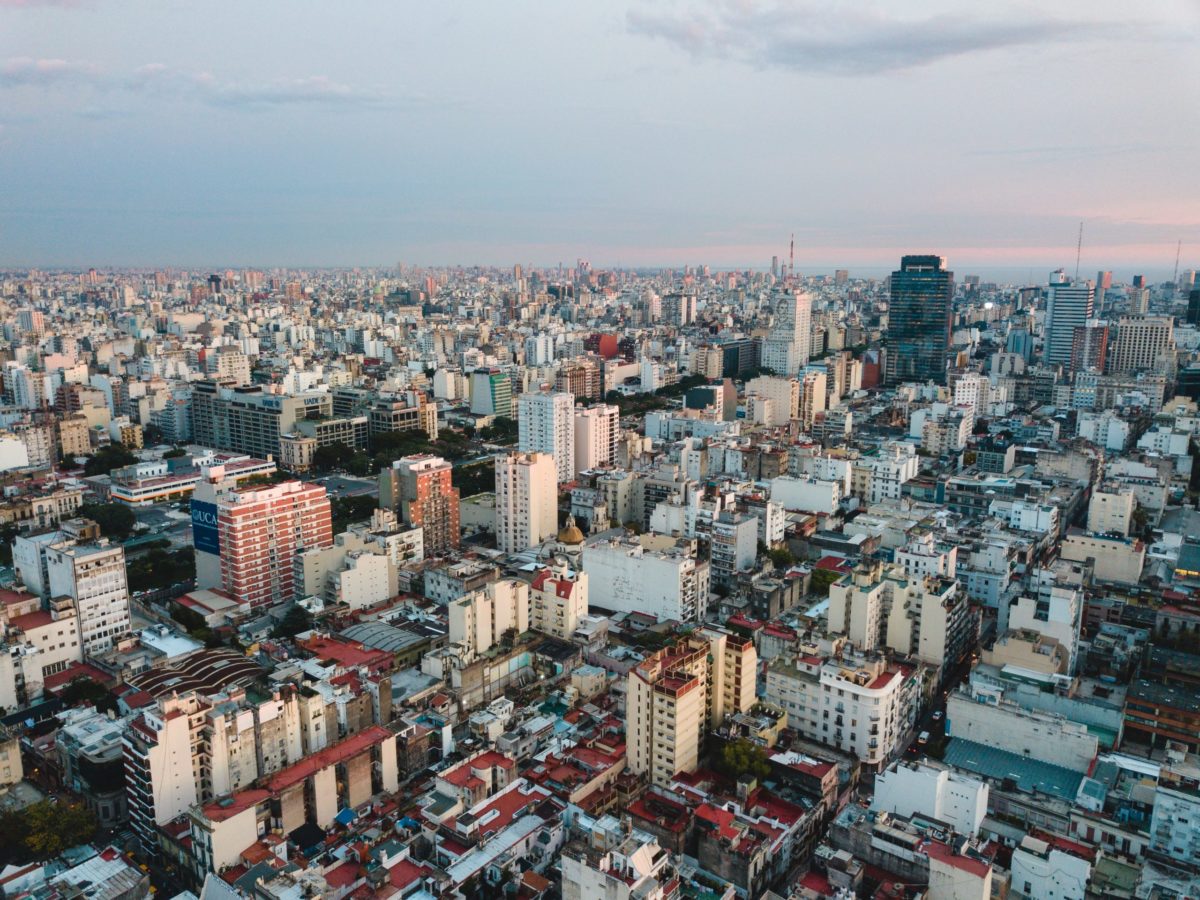
While measures followed existing public health advisories, they have raised significant legal, constitutional, human rights, and legitimacy issues.
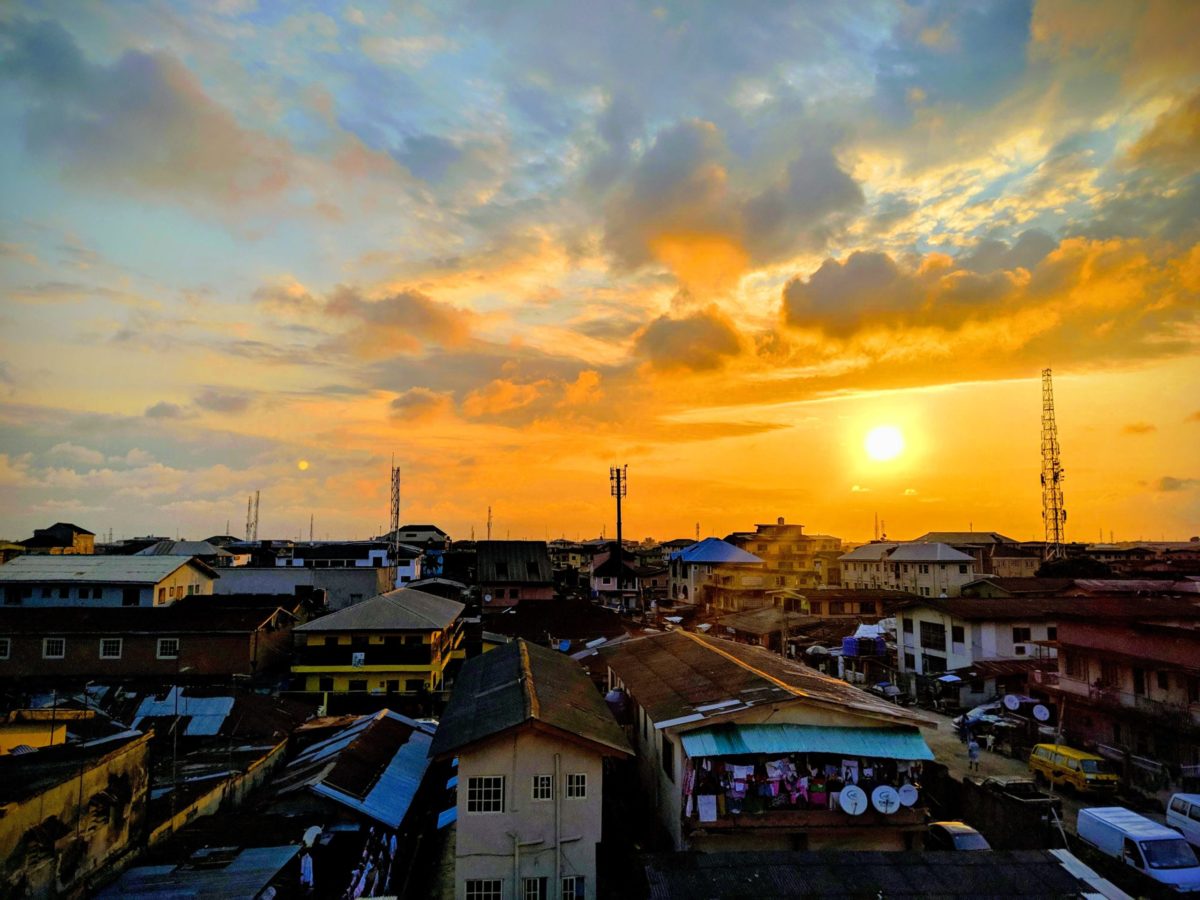
Tensions between welfarisms that enable and those that suffocate are evident in Ireland’s move to restrict the spread of the COVID-19 pandemic.
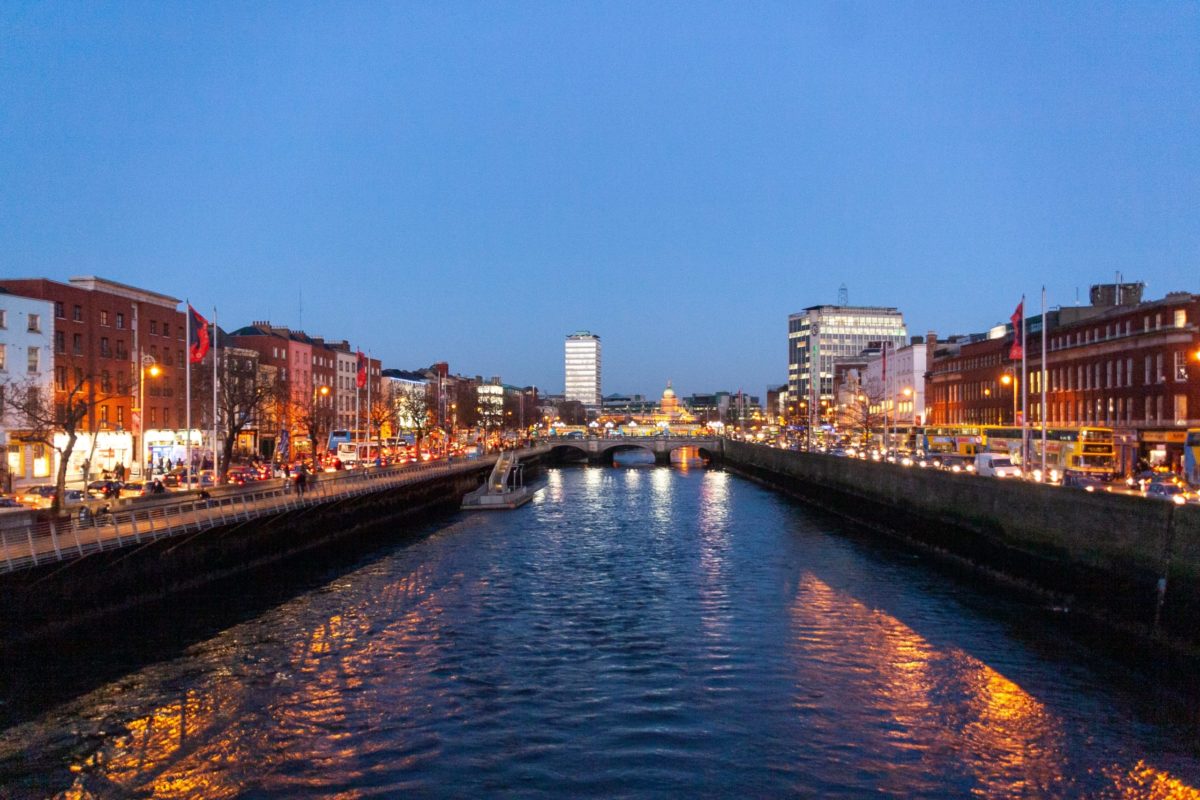
Strict, early measures did not lead to better control of the disease, in comparison to other countries in the region.

South Africa’s response has mostly respected the rule of law. It remains to be seen whether it comes out on the right or wrong side of human rights.

This post is the second analysis of key themes that have emerged from the digital symposium “Global Responses to COVID-19: Rights, Democracy, and the Law.”

The selections below offer an array of perspectives on how the U.S. response to the pandemic has affected rights, democracy, and the rule of law.
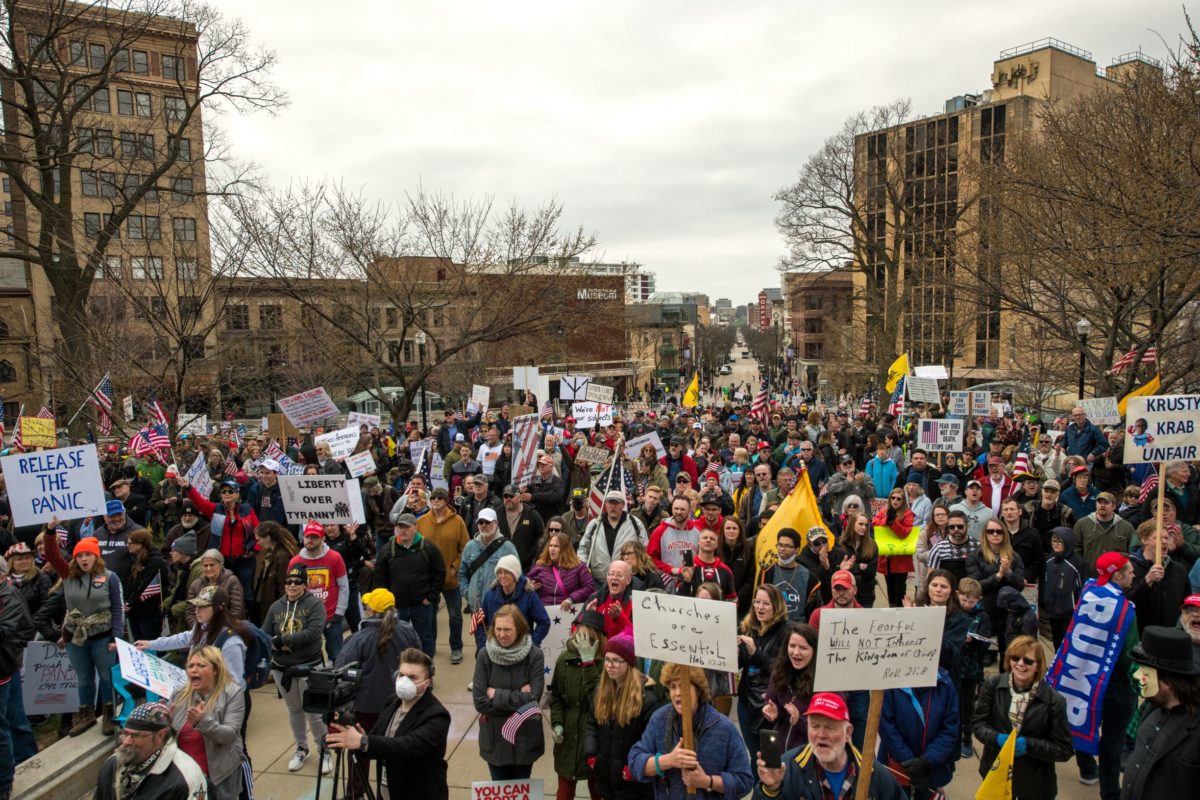
The Mexican Health System is too fragile to face COVID-19 due to the corruption and lack of investment of former administrations.
